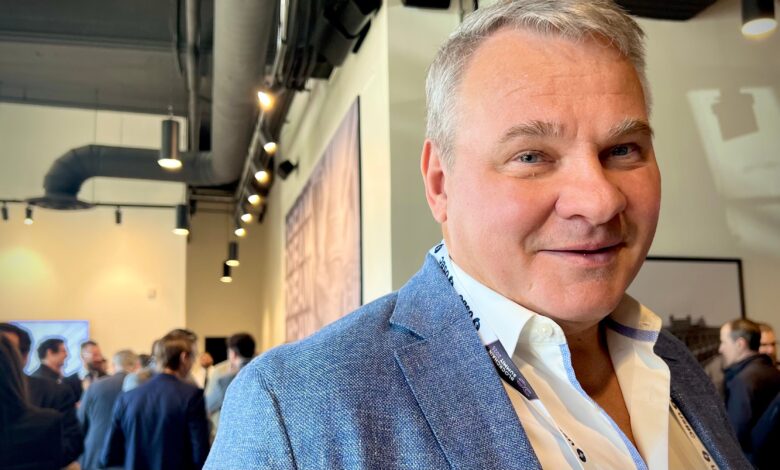Unicoin CEO Rejects SEC’s Attempt to Settle Enforcement Probe

Unicoin has rebuffed the U.S. Securities and Exchange Commission’s (SEC) attempt to negotiate a settlement agreement to close an ongoing probe into the Miami-based crypto company, its CEO Alex Konanykhin revealed in a Tuesday letter to investors.

In his letter, Konanykhin said Unicoin was given an “ultimatum” by the SEC to attend a settlement negotiation meeting last week, on April 18.
“We declined to show up,” Konanykhin told CoinDesk, adding that the SEC had made demands ahead of the meeting that he found “unacceptable.” He declined to share specifics, telling CoinDesk that the communication between Unicoin’s lawyers and the SEC was confidential.
Unicoin received a Wells notice — a sort of official heads-up from the SEC that it intends to file an enforcement action against the recipient — in December, shortly before former Chair Gary Gensler stepped down, alleging violations related to fraud, deceptive practices, and the offer and sale of unregistered securities. No official enforcement action has yet been filed.
Since President Donald Trump took office, the SEC has reversed its once-aggressive stance toward crypto regulation, backing off from many of its open investigations into crypto companies, including blockchain gaming firm Immutable and non-fungible token (NFT) marketplace OpenSea, and even some of its ongoing litigation, including against Coinbase and Cumberland DRW.
Other SEC enforcement cases against crypto companies, including its cases against Binance and Tron, have been paused while the parties attempt to negotiate a settlement. The agency recently reached a settlement agreement with Nova Labs, the parent company behind the Helium blockchain, that saw Nova Labs pay a $200,000 fine to settle civil securities fraud charges, and the SEC dropped its claims that Helium (HNT) and other related tokens were securities.
In his letter to investors, Konanykhin claimed that the SEC’s probe has caused “multi-billion-dollar damage” to the company and its investors.
“We would likely be a $10B+ publicly traded company by now if the SEC had not blocked our ICO, stock exchange listing and fundraising,” Konanykhin wrote, adding that the SEC had prevented Unicoin from acting on the “very favorable market opportunities.”
“We were forced into a standstill,” Konanykhin wrote.
The SEC did not respond to a request for comment.




